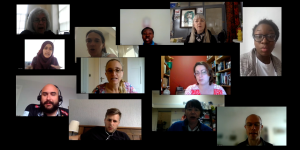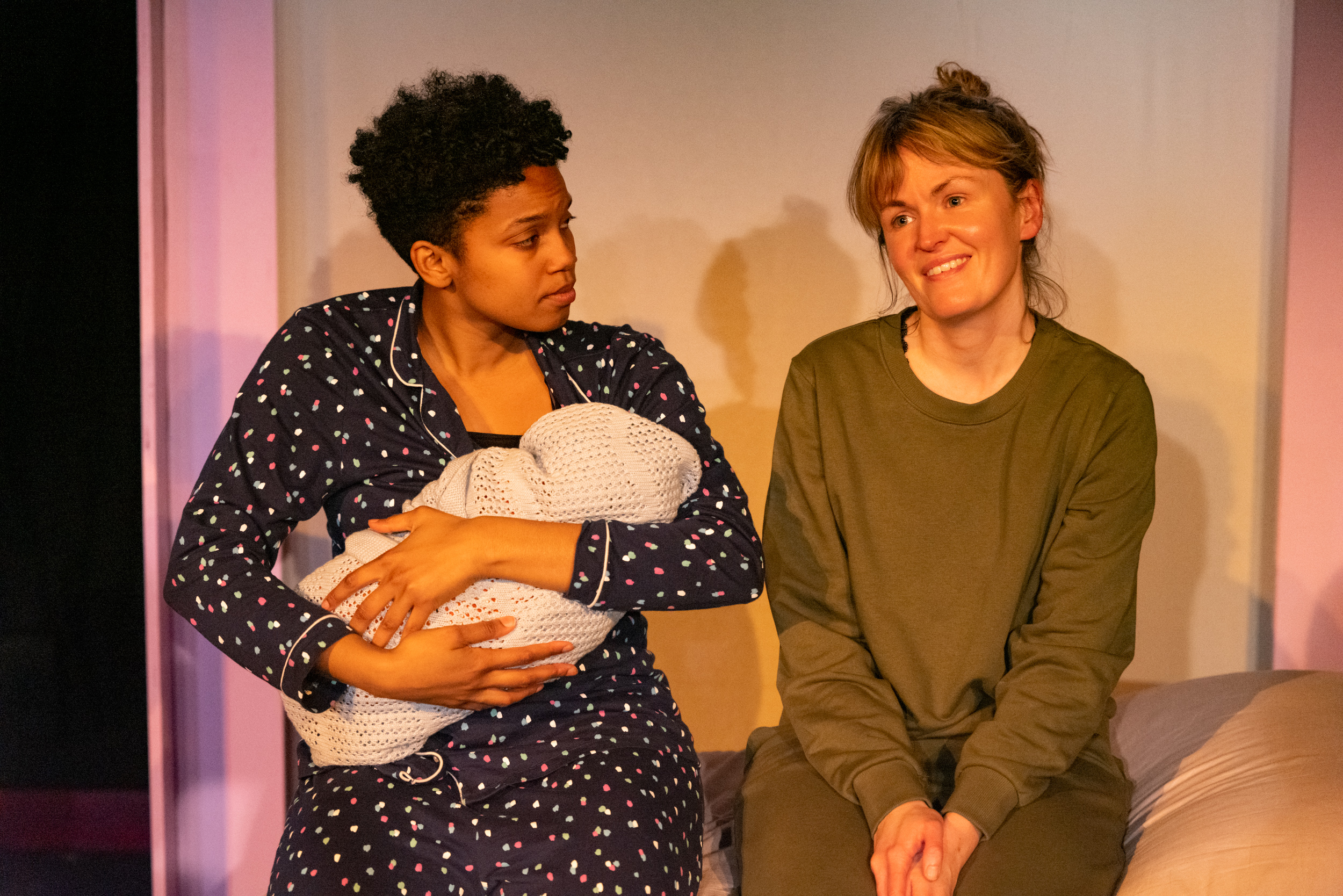Parent, Patient and Public Involvement
Who are we?
We are a group of researchers from different universities in England and Wales and some of us are also doctors or midwives. We've come together to do research to understand the health and care of women, their partners and their babies during pregnancy, birth and in early parenthood. We are called the Policy Research Unit for Maternal and Child Health and Care. We often shorten this to the PRU-MNHC.
We do this research for the Department of Health and Social Care, the government department that sets policy for health and social care in England. They ask us to do this research so that policy about care for pregnant women, mothers and babies in England is based on scientific evidence.
What is the research?
Most of our research involves analysing information that has already been collected, for example in previous research or by the NHS. Some of our research involves collecting new information, by doing a big survey of women's or patients' experiences, or by speaking directly to women and their partners by interviewing them.
When we are planning our research we agree the projects that we will carry out with the Department of Health and Social Care before we start. Sometimes they ask us to carry out extra projects later. You can read about the current projects we're working on.
How the public can get involved
To help us and the Department of Health and Social Care work out what research topics are most important we ask women and their partners, as well as charities and organisations that support women and their families, what they think.
For some research projects, we ask them to get directly involved and give us some help or advice. This might include helping us to think about how that research should be carried out, or how to get any messages from the research out to the public when the project is finished.
This kind of work with the public in research is known as 'public involvement and engagement'. Because we work with families, we call it 'parent, patient and public involvement and engagement'.
Involvement means helping us make sure our research takes into account the viewpoints of families with different experiences and backgrounds. Engagement means getting the results of completed research out to the public in ways that are interesting, easy to understand and maybe even fun.
Our public involvement in action
Rachel Plachchinski and Charlotte Bevan lead our public involvement and engagement work with the support of the PRU-MNHC's Public Involvement Task Group.
Rachel and Charlotte became involved in research after their own experiences of pregnancy, birth and motherhood and having worked with charities and organisations which support women and families.
You can read their plan, or strategy, to ensure we involve, parents, patients and the public in all our studies here. Theres also a specific example of how this involvement works in practice.
The Public Involvement Task Group was updated in October 2022 to include new members representing women and families. This was as a result of what we heard from the Listening Series project (see below) which we undertook to improve inclusion in all our work.
We send out a newsletter about our work every year via email and put those bulletins up on our website. If you want to receive an email copy, please get in touch npeuppi@npeu.ox.ac.uk and let us know.
Inclusion and learning from the Listening Series project
The Listening Series project specifically aimed to support researchers to engage and involve people who are currently under-represented in health research. Some 20 people representing a wide range of social and ethnic communities in the UK took part in discussions to share their ideas and experiences. The discussions, with their main learnings, are captured in this film.
The themes that are identified in the Listening Series film as central for increasing the involvement of under-represented groups in health research are summarised in this booklet, Listening Series: Guidance for Researchers. It includes practical suggestions about how to make public and patient involvement in health research accessible and equitable for all groups in society.
Serena Gilzean-Hughs, Sally Darby, Harriet Williams and Sumayya Mulla, who all participated in the Listening Series are now members of our Public Involvement Task Group, supporting us to embed the lessons we learnt in all the research we do.



